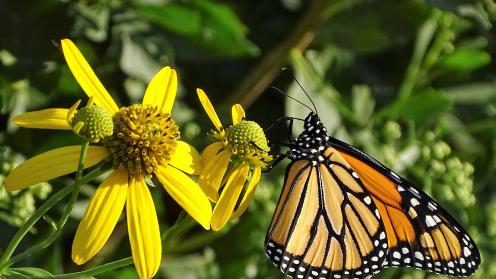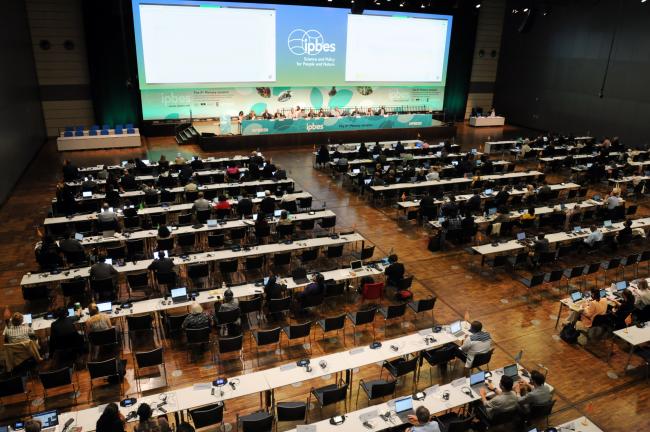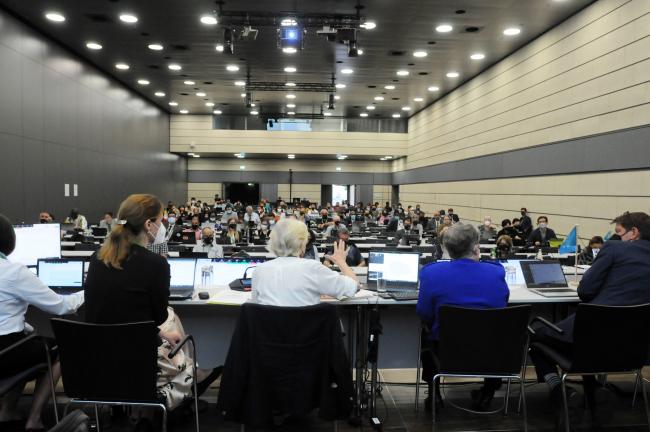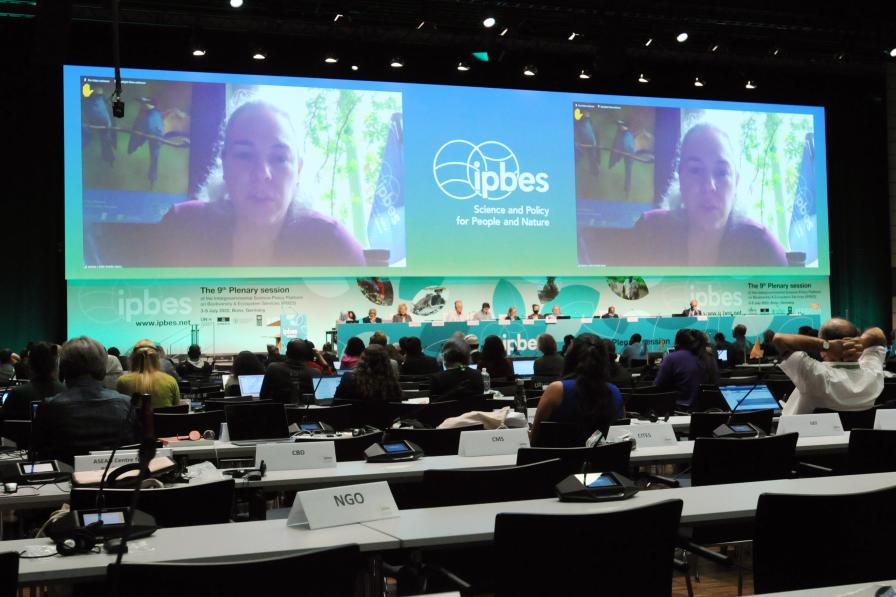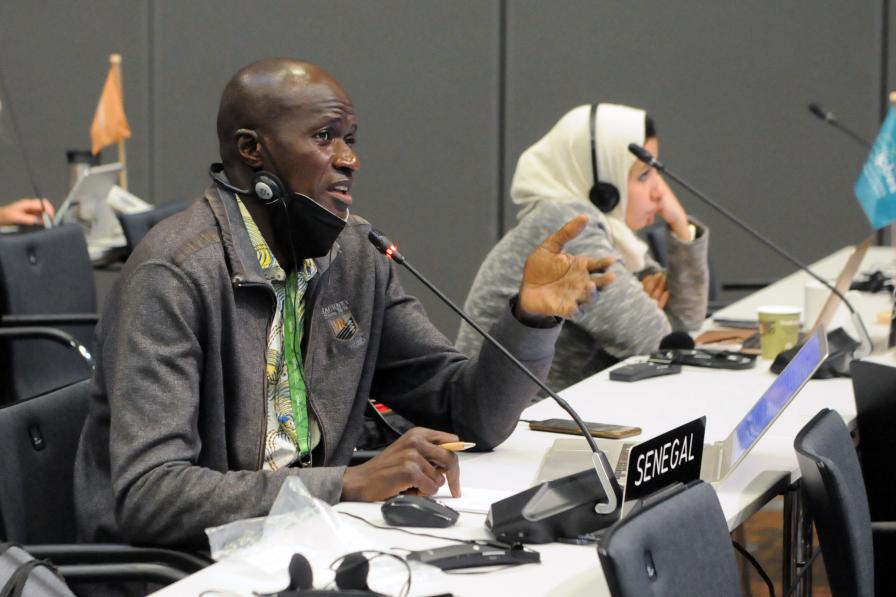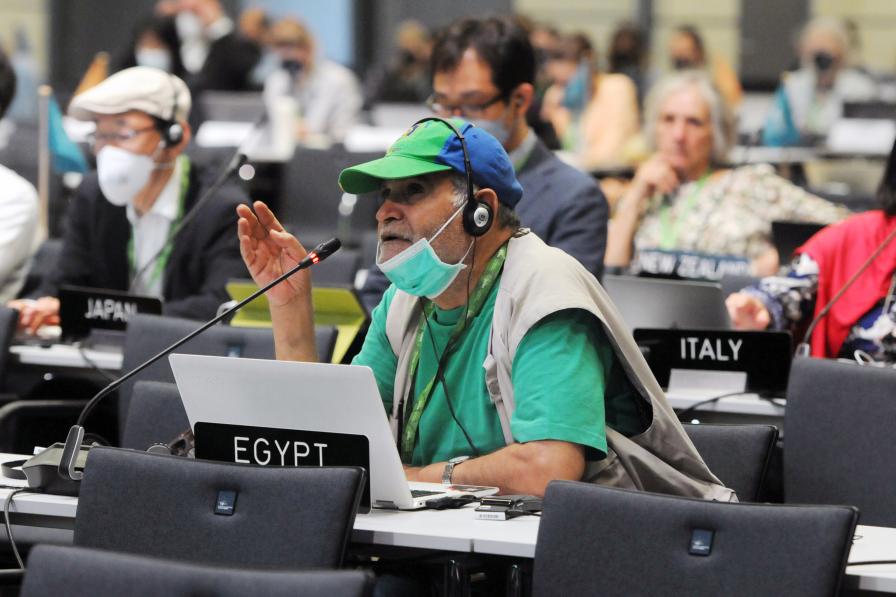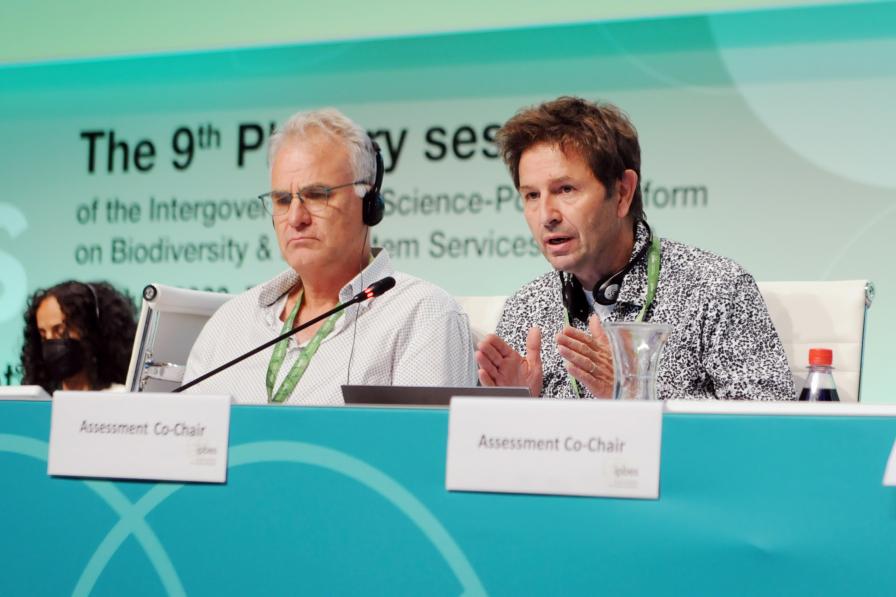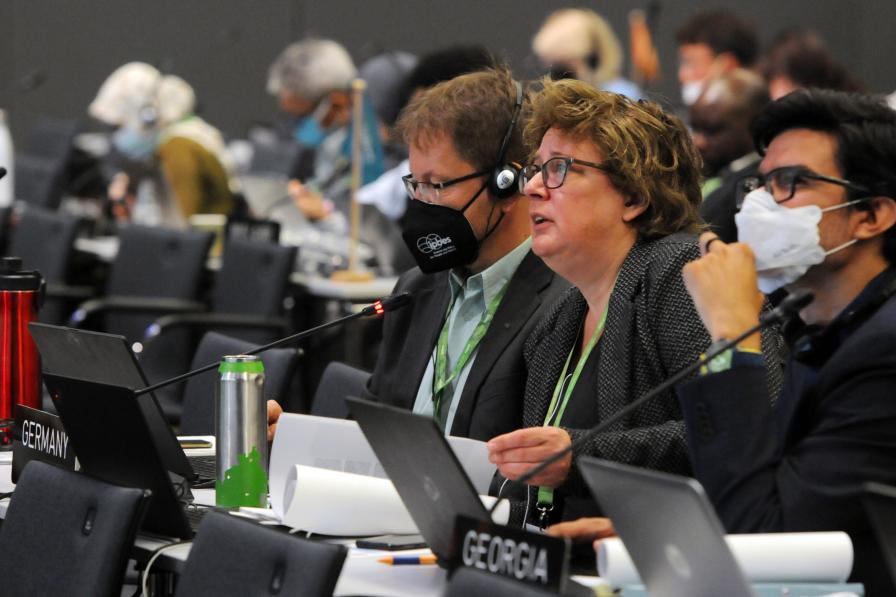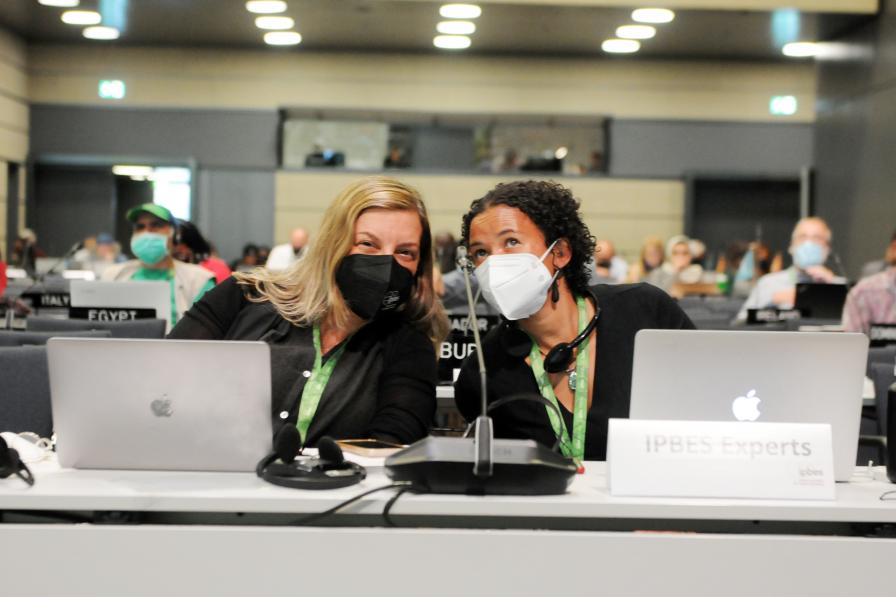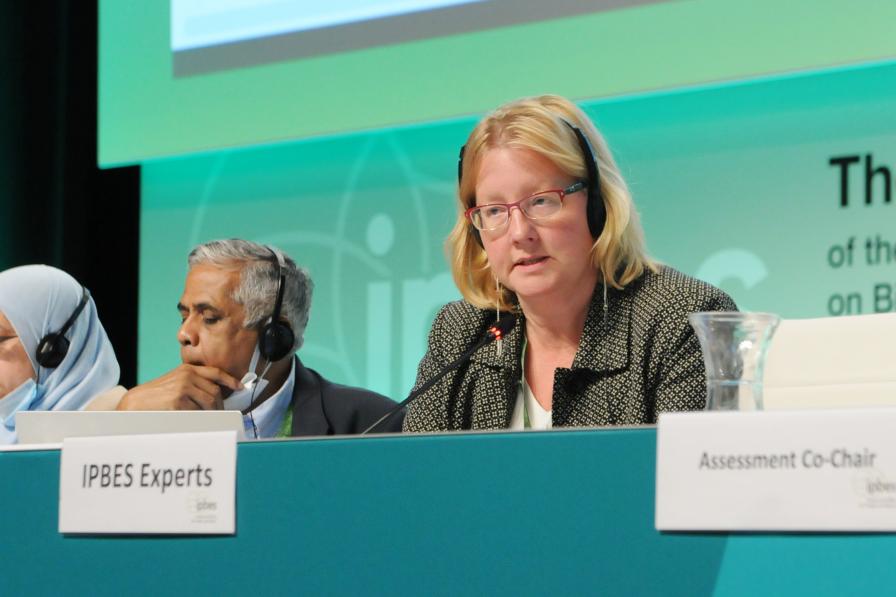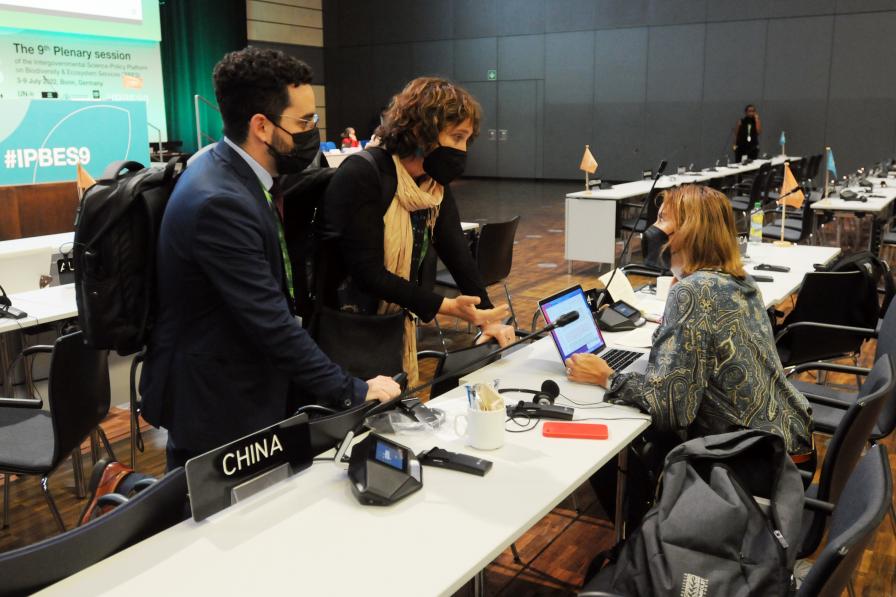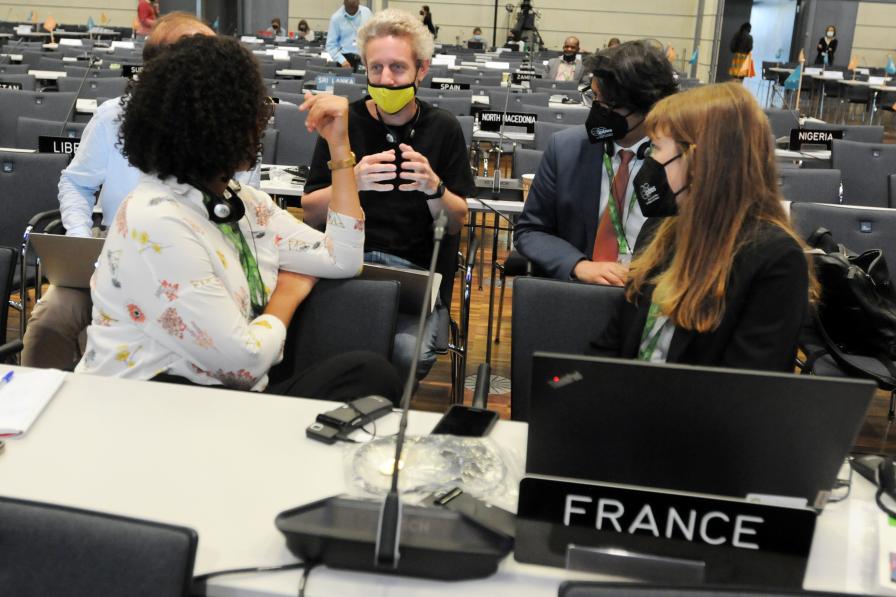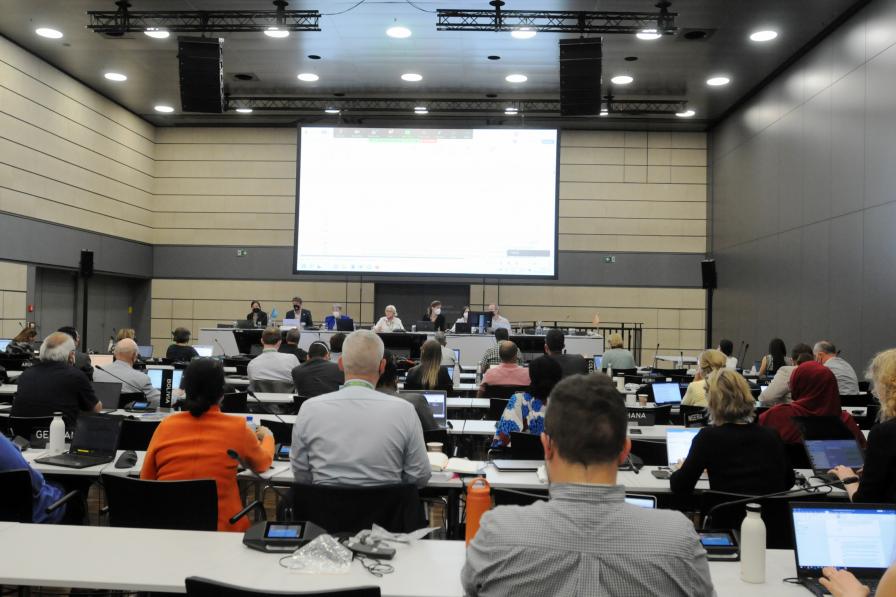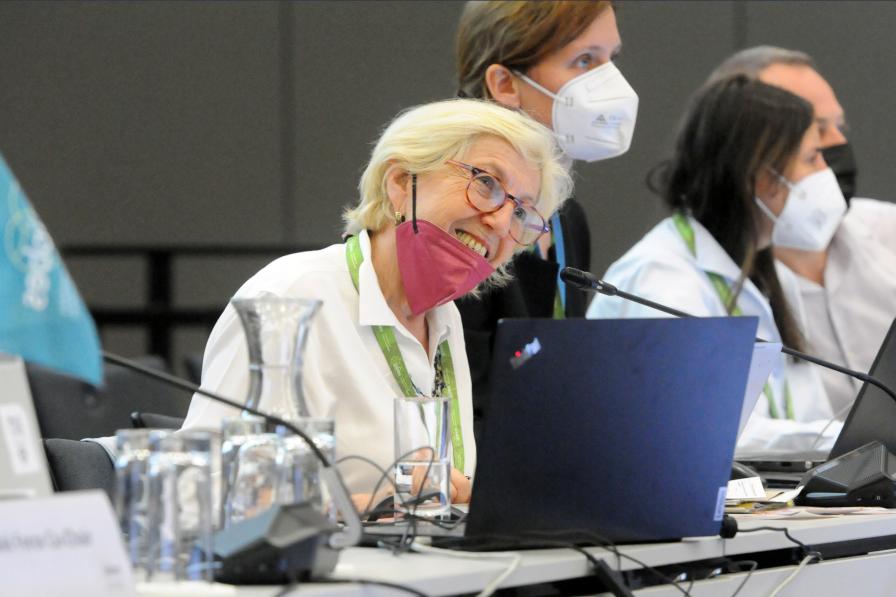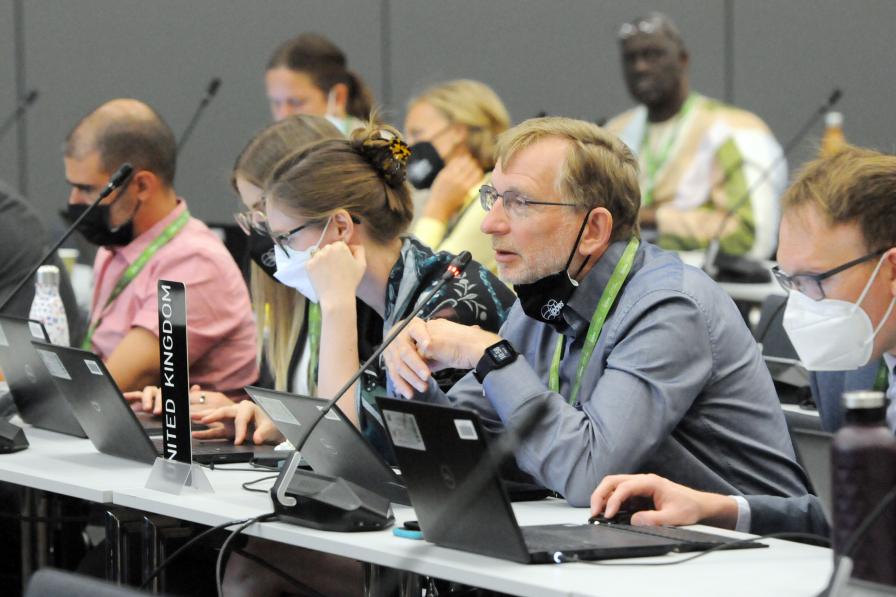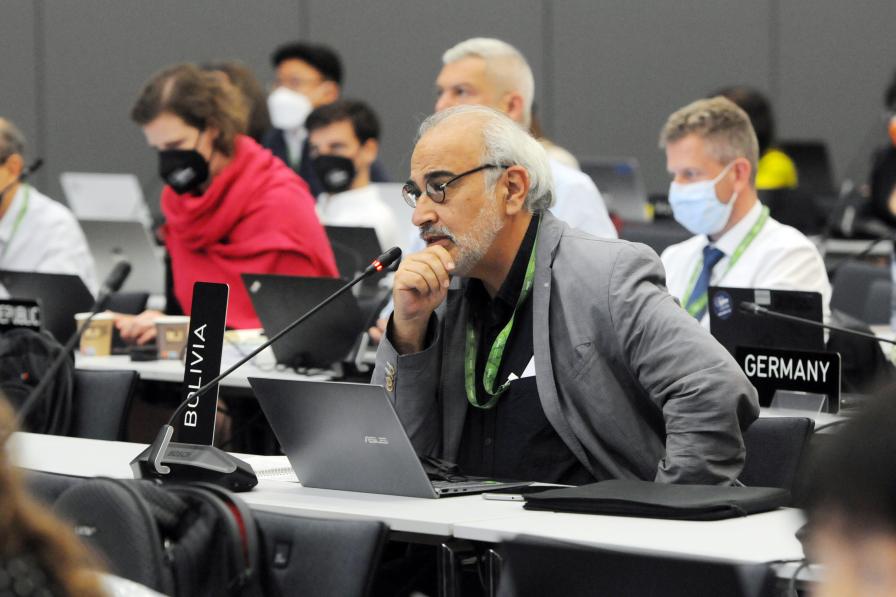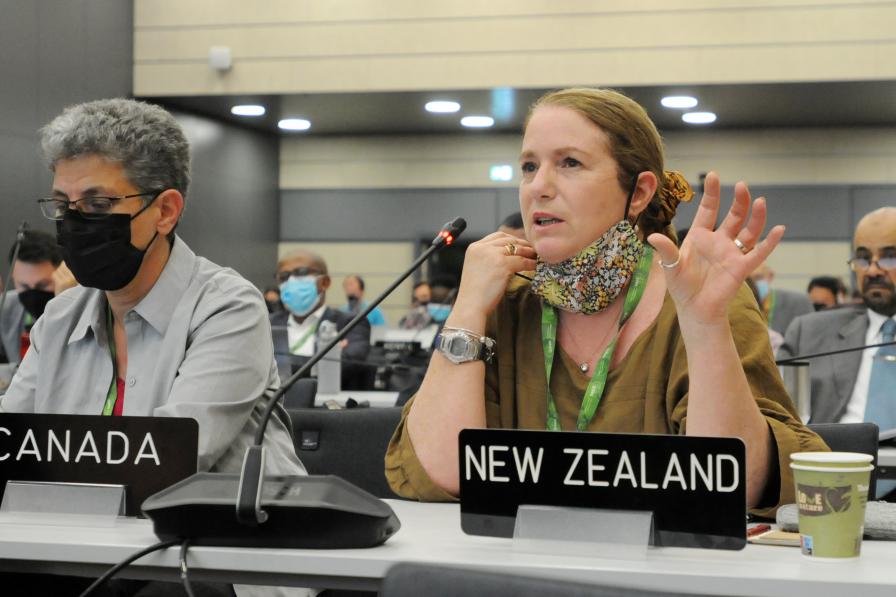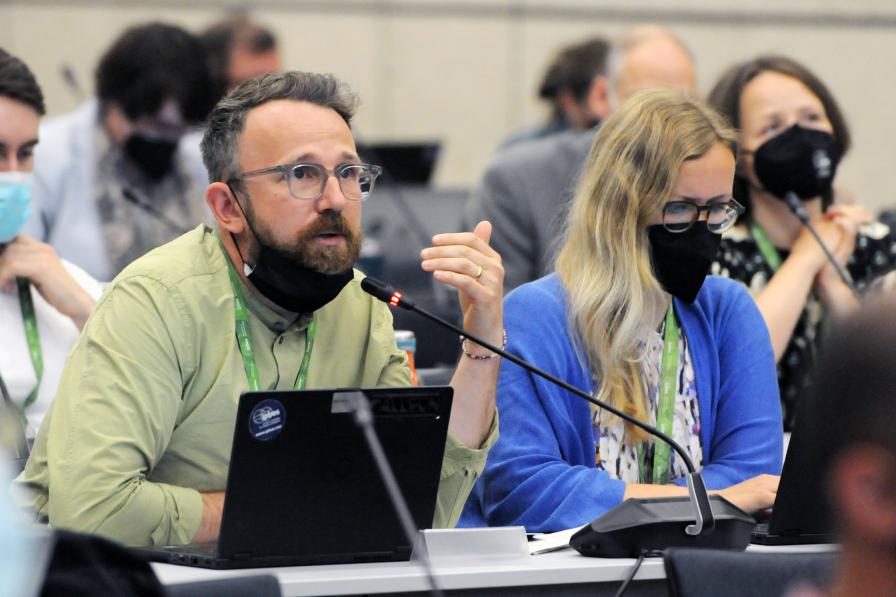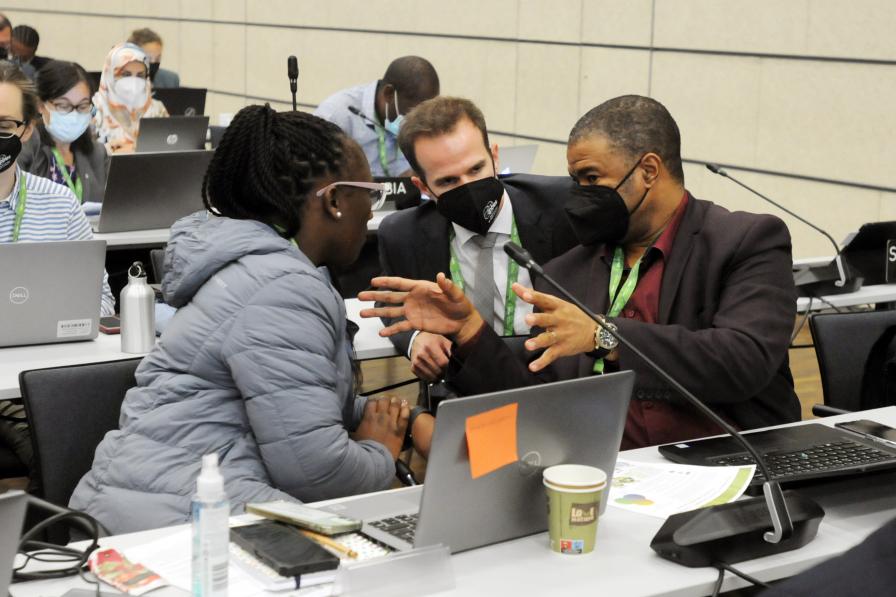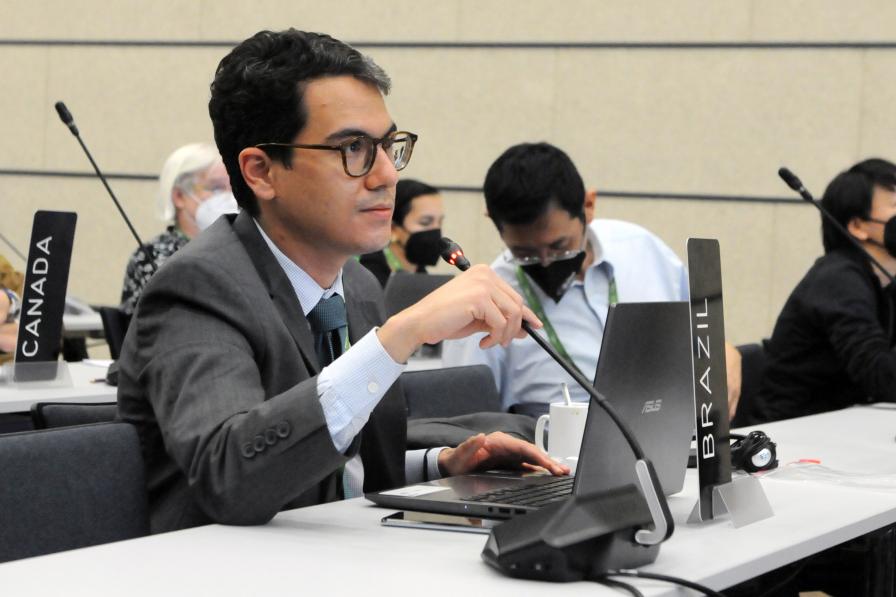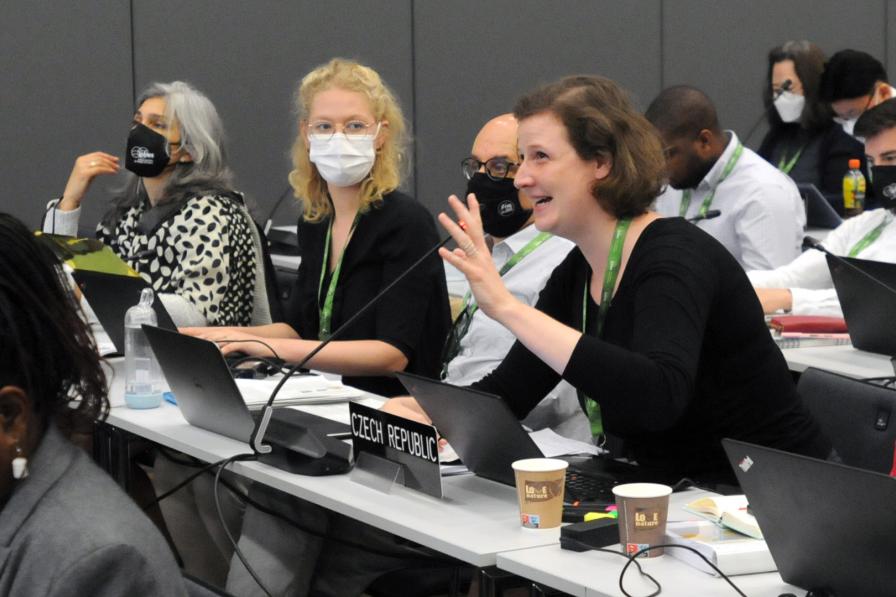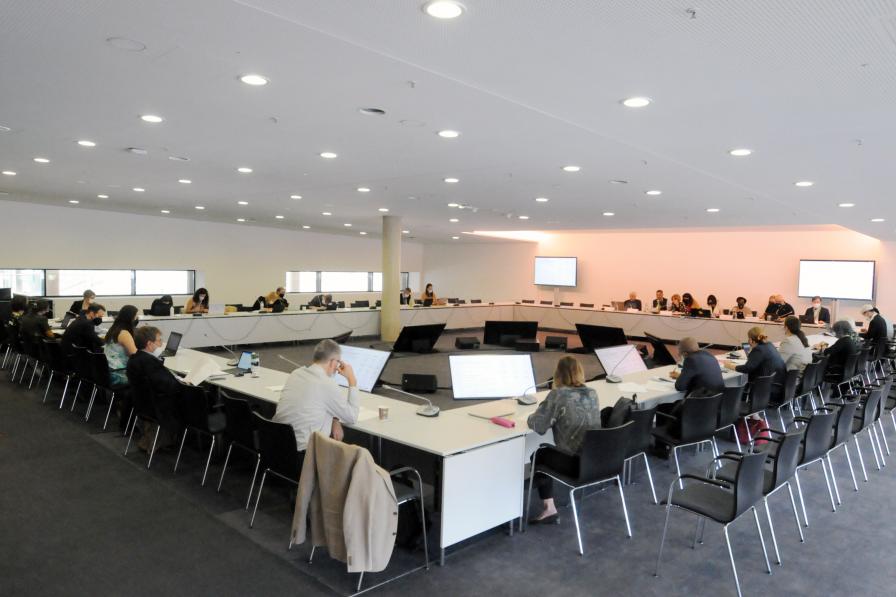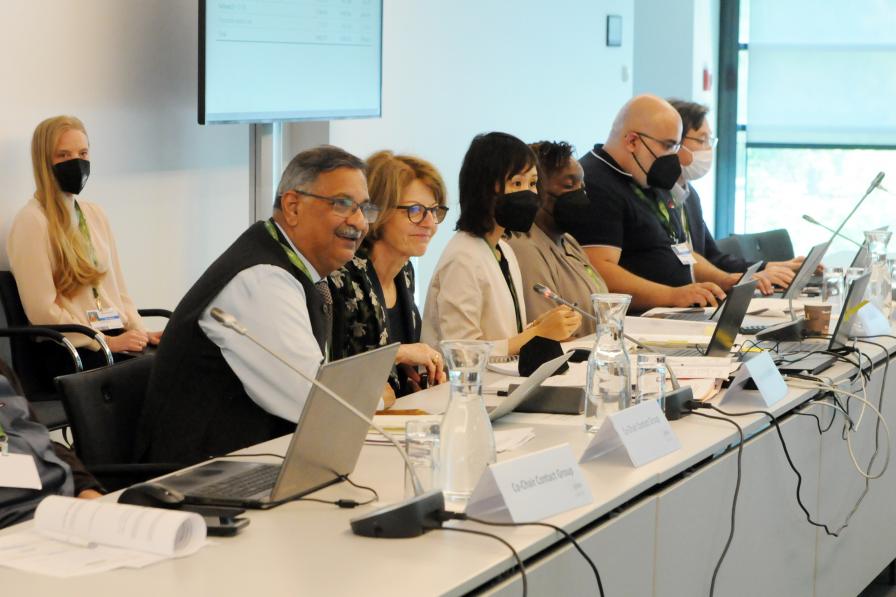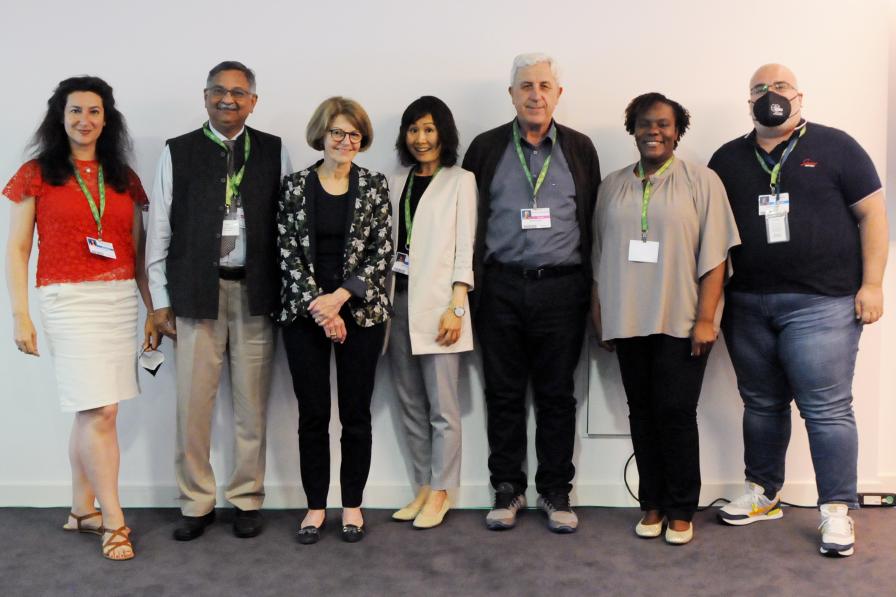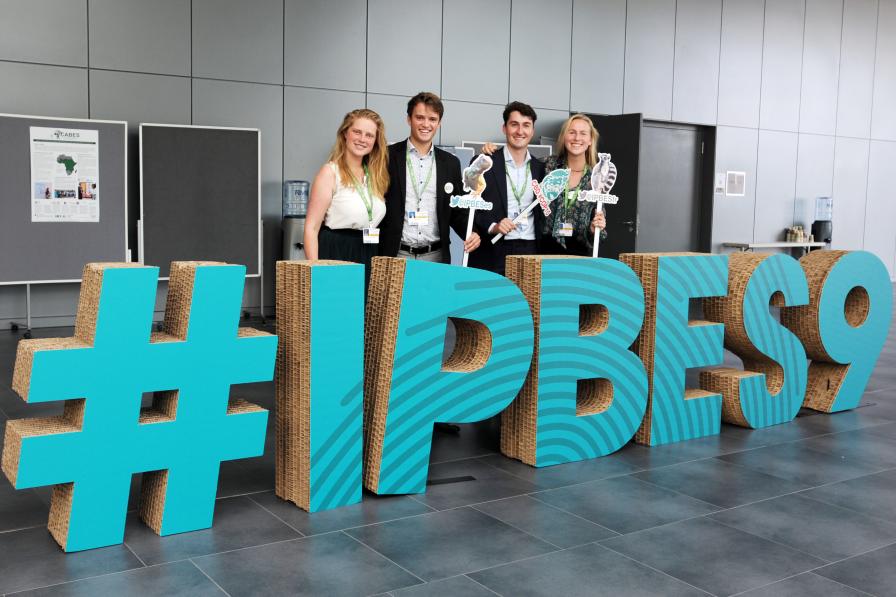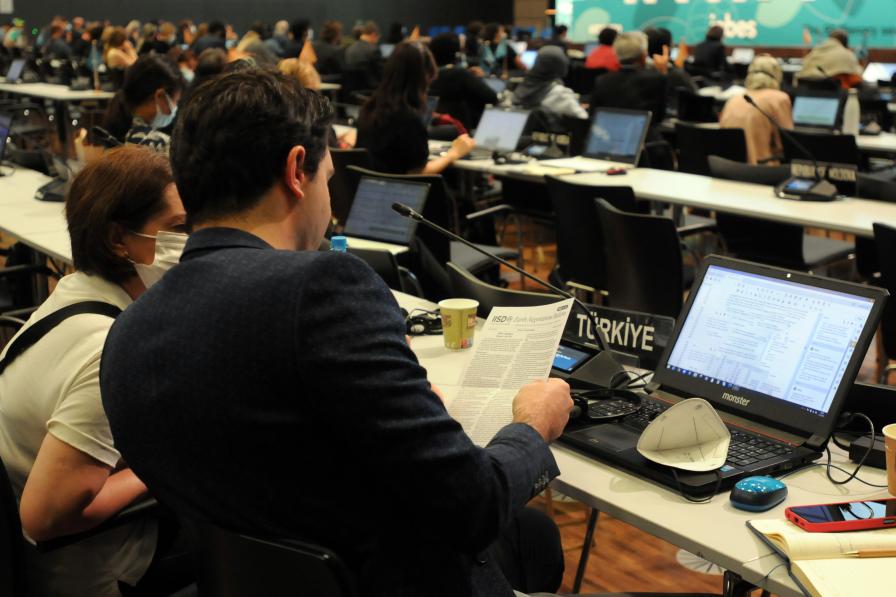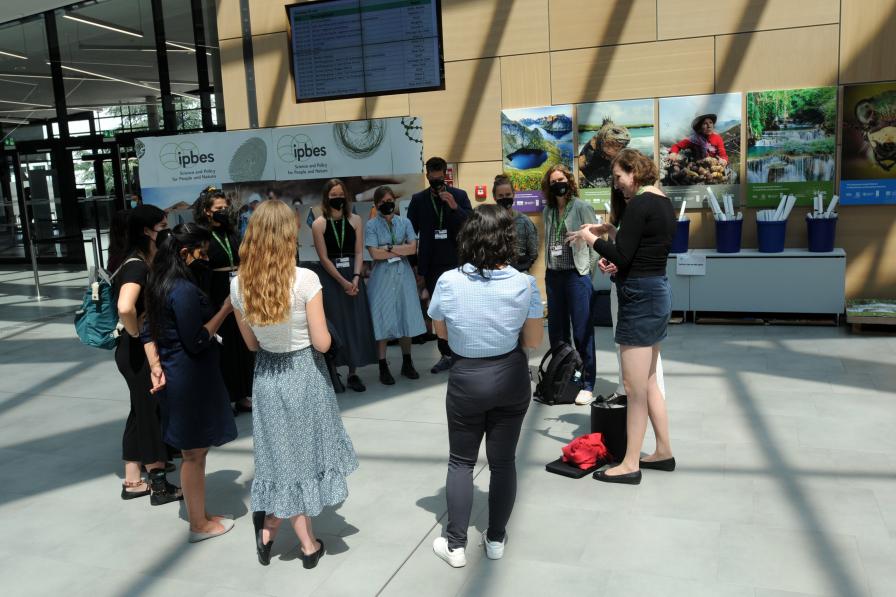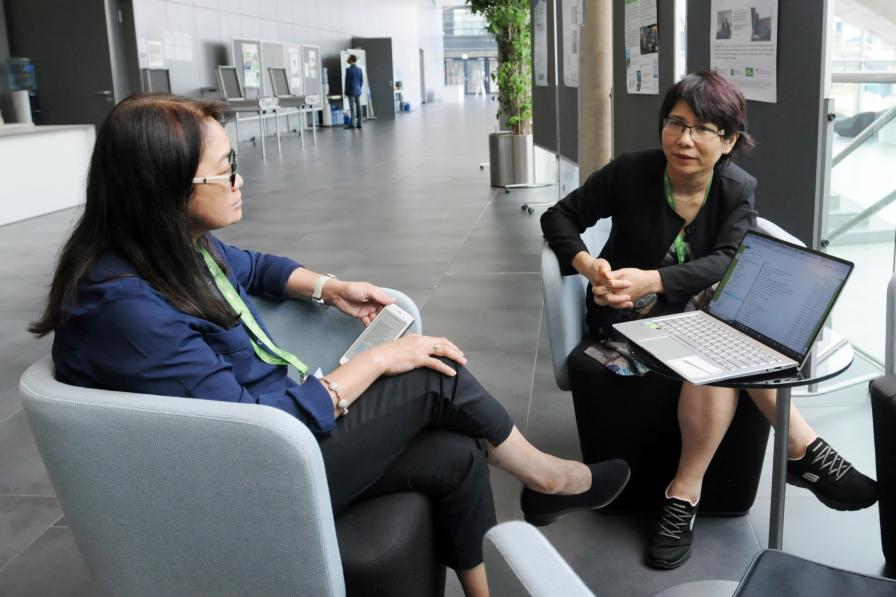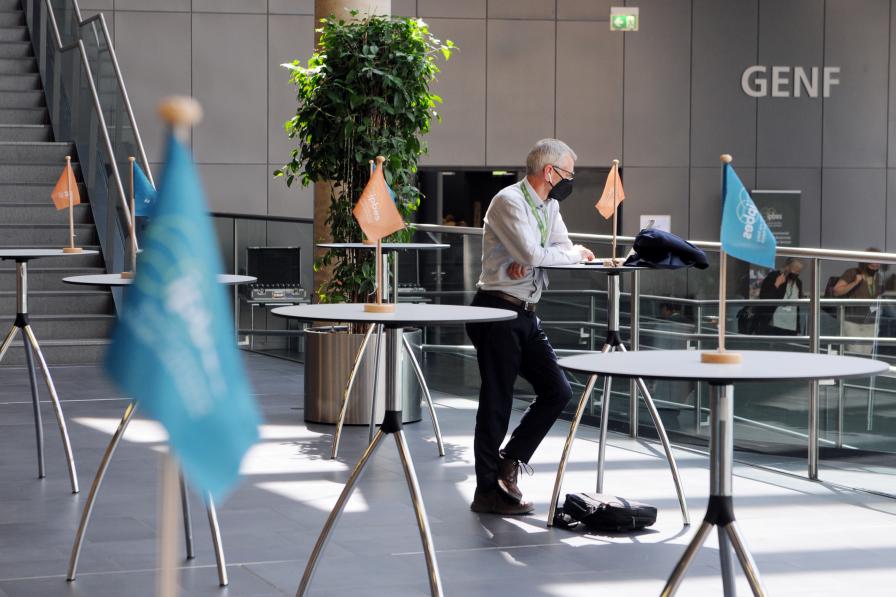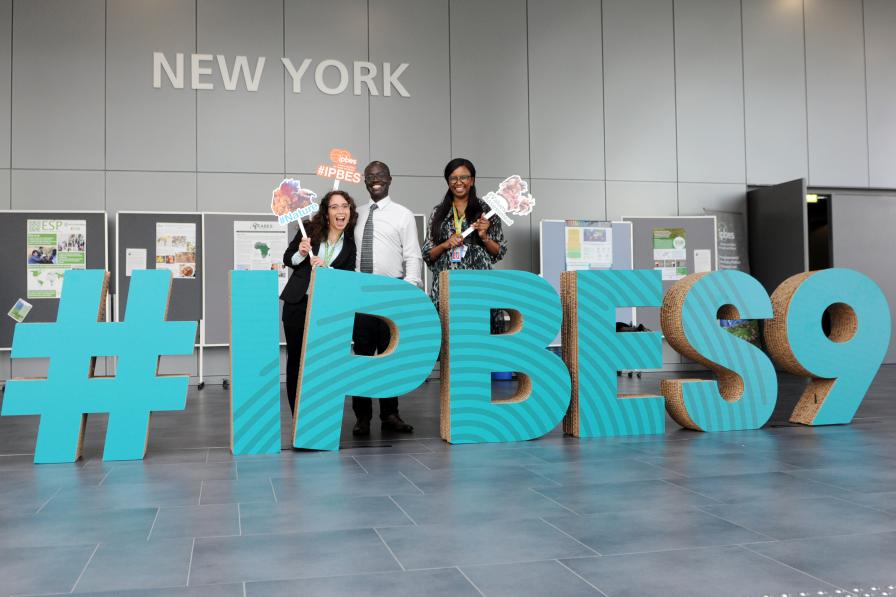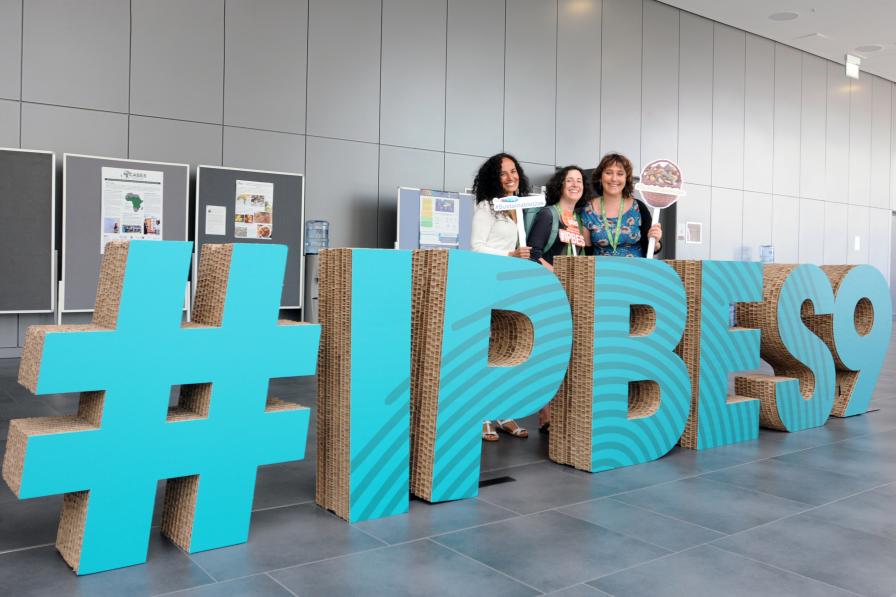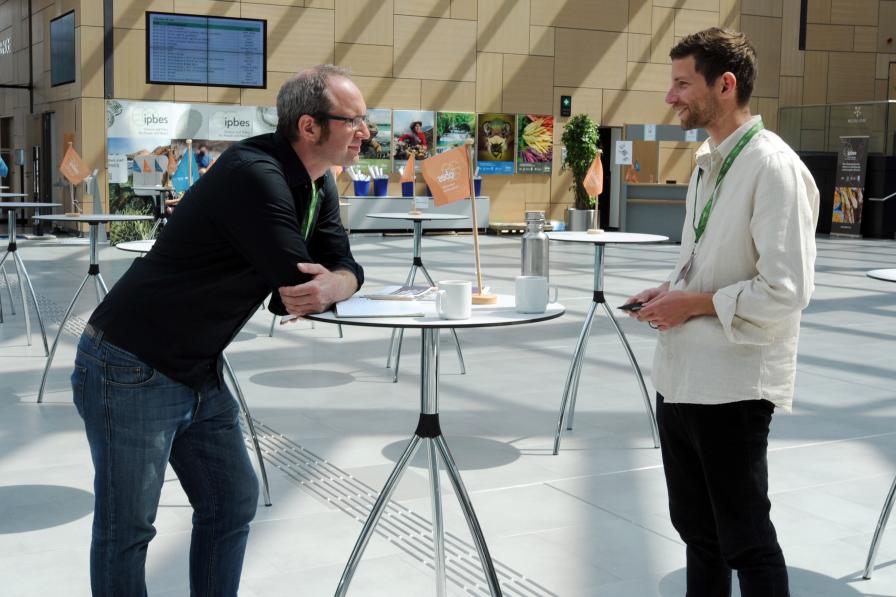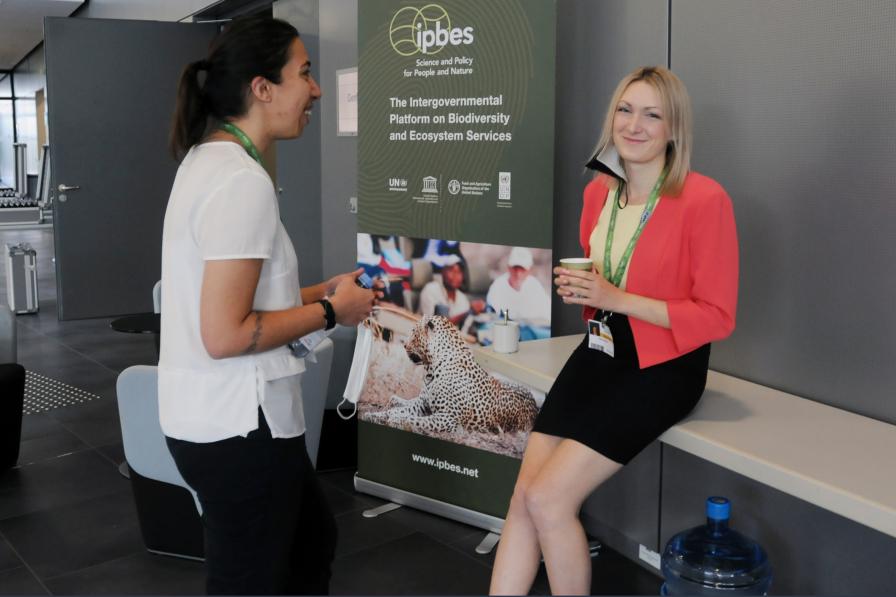Tuesday was both different from and similar to Monday regarding the work of the two working groups at IPBES-9. Similarities mainly refer to the fact that both days started with optimism for an early finish, but concluded late at night with tired, but devoted delegates, resolutely addressing the items in their agenda. The main difference was that on Tuesday, there was more cause for celebration. Working Group 1 came very close to finalizing discussions on the thematic assessment of the sustainable use of wild species. At midnight delegates had to stop negotiations, which will be finalized on Wednesday morning. Following that, the assessment will be forwarded it to plenary, which will consider it on Thursday.
To dive deeper, read the full Earth Negotiations Bulletin daily report.
Reaching agreement on the assessment proved a difficult task. Despite early predictions that an evening session would not be needed—even suggesting that the group might be able to initiate discussions on the forthcoming methodological assessment regarding the diverse conceptualization of multiple values of nature and its benefits—it was evident by lunchtime that a night session was on the cards.
After delegates reopened multiple paragraphs previously containing agreed text, Co-Chair Douglas Beard urged delegates not to engage in lengthy discussions leading nowhere and to focus on the substantive changes. This led to some improvement in the negotiating pace, however the sheer volume of the work and the variety of messages contained in the assessment necessitated working late into the night, and an extra session on Wednesday morning.
Despite all the fatigue, the final outcome will leave all involved satisfied. The assessment contains the best available scientific knowledge on the sustainable use of wild species and is a high-quality document that, many agree, will constitute a point of reference in biodiversity-related discussions under different fora. The official launch of the assessment is expected to attract increased media attention and rightly so, as the wealth of information it contains cannot be compared with anything published on the topic until today.
Working Group 2 had an equally tough and lengthy day. Following discussion on policy support tools to increase stakeholders’ uptake of IPBES products, addressing the nature futures framework proved challenging and time consuming in the afternoon and had to also be discussed in an extra evening session.
The same stands, and even more so, for the scoping report for a methodological assessment of the impact and dependence of business on biodiversity and nature’s contributions to people. Delegates delved into language on the assessment’s scope, and it was evident from the beginning that reaching consensus would not be uneventful. A delegate noted that “this should be expected as the scoping document sets the foundations for the assessment and is almost as important as the final product.”
Despite all the challenges, most delegates seemed satisfied at the end of a long day. Sighing that “I can’t believe that we must start over in a few hours,” a veteran joked on his way out that “I did not sign up for this,” only to be rewarded with a quick response by his companion: “But no one told you that international environmental governance would be easy, right?”
All ENB photos are free to use with attribution. For photos from IPBES-9, please use: Photo by IISD/ENB | Diego Noguera.
To receive free coverage of global environmental events delivered to your inbox, subscribe to the ENB Update newsletter.
